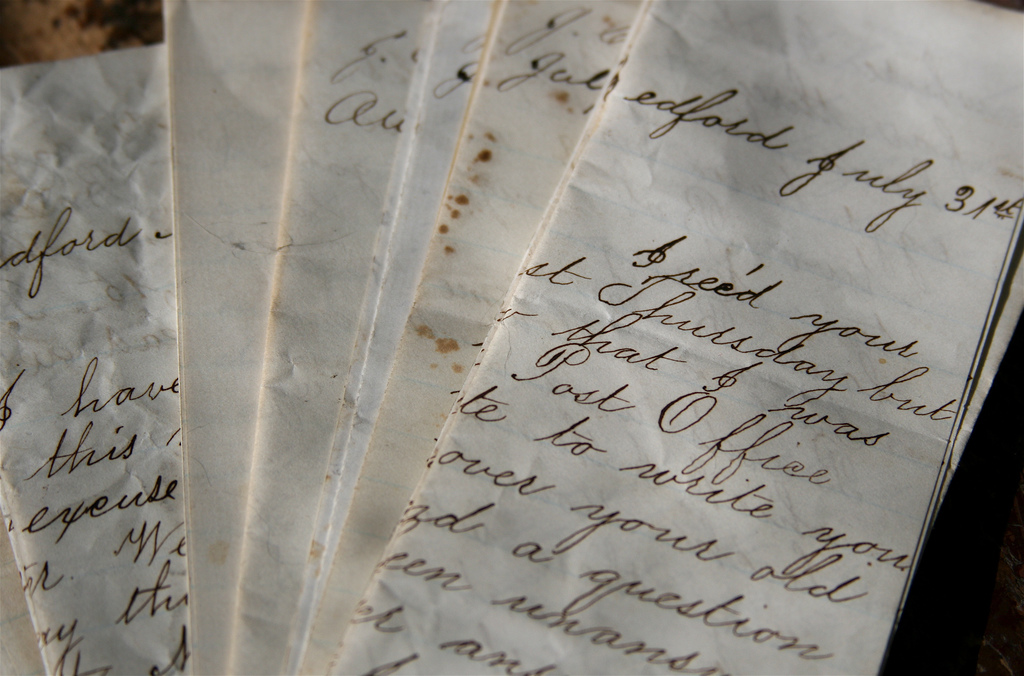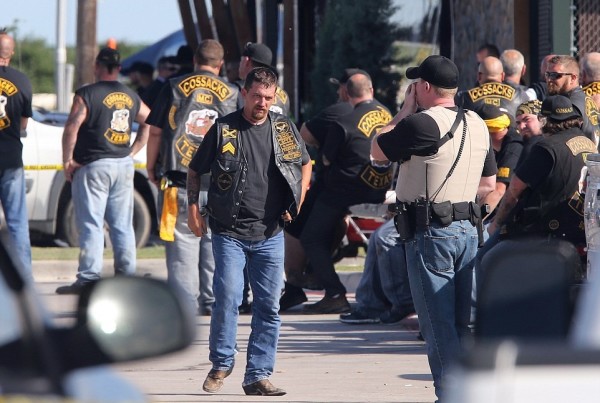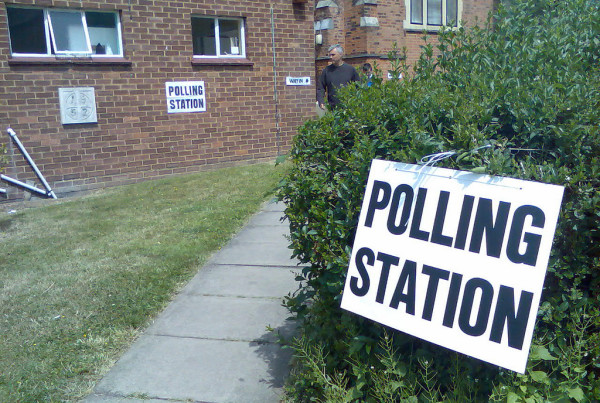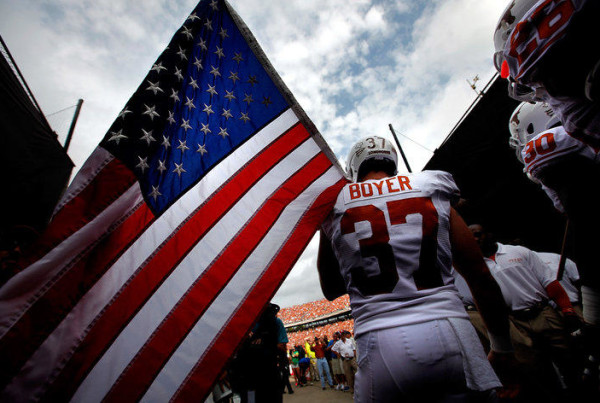For almost 35 years, Jim Stever has been collecting letters. The 90-year-old World War II veteran collecting letters written during the days of the Republic of Texas.
The Corpus Christi resident met with the Standard to discuss his affinity centuries-old letters and their contents.
Stever says the short history of the Republic has led to a small amount of letters from that time, but he still manages to track them down.
“The population of the Republic started out about 30,000 people and maybe ended up more around 50,000. But there weren’t a lot of people in the Republic that could be writing letters,” he says. “Of course some of the letters I have were written to Texas from the United States or even from Europe.”
When Stever first began collecting, he said he couldn’t find much information on the Republic of Texas’ postal system, so he took matters into his own hands.
“I had to write a book on the subject, because there just wasn’t much information,” he says. “The Republic has post offices and they didn’t have any postage stamps. Neither did the U.S. at that time. There were no envelopes…. People wrote a letter on a piece of paper, folded it, sealed it with a blob of sealing wax and took it to the post office. You paid the postmaster in cash.”
If a person didn’t put the word “paid” on it, then that letter went to its destination and the recipient had to pay the postage, he says.
One of the outstanding items in Stever’s collection is a letter written by Sam Houston.
“It was written to Thomas Western, and Western was at the battle of San Jacinto; he was a cavalry major. And Houston addressed him in this letter, which was in 1841. He’s telling Major Western ‘I’m leaving tomorrow for Austin to be inaugurated as the third president of the Republic, and I want you to look after Mrs. Houston while I’m gone.’ …Houston signed the letter ‘Fraternally your brother, Sam Houston.’”
Stever says he collects the letters because he enjoys their historical context.
“You’re reading somebody’s mail from 175 years ago,” he says “They’re interesting and they tell about the price of food and what was going on, political comments, all kinds of things.”
















